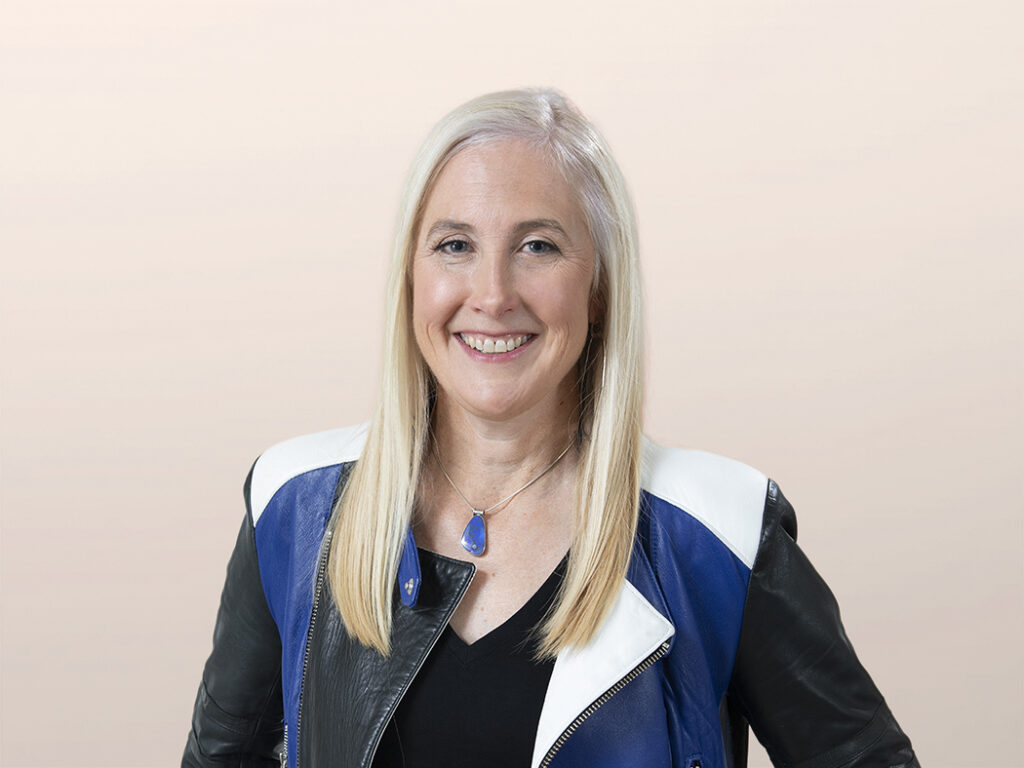What You Can Learn From Facebook’s Approach And Mistakes In Building Mobile Services
I listened to the Mark Zuckerberg interview from the TechCrunch Disrupt event in San Francisco this week.
There were a few choice quotes (I'll paraphrase them here – these are not literally a transcription. You can find the video/audio on the TechCrunch site):
"The biggest mistake we made (with our mobile services) was relying too much on HTML5 and for too long."
"We finally realized that a good enough mobile experience would fall short. We needed a great mobile experience. The only path to great is native on iOS and Android."
"Our mobile users are more engaged and use our services more frequently."
"All of our code is for mobile."
"We'll build native code for iOS and Android." (And it is building for iOS first)
"Ads can't be standalone on a sidebar in mobile. They need to be integrated into our product."
"We reorganized. A year ago, 90% of the code check-ins were from the core mobile team. Now 90% comes from other parts of the organization."
"We reorganized. We were in functional silos. We now have product teams (responsible for delivery)."
"A Facebook phone doesn't make any sense."
Some context. Certainly, Facebook is unique with it being a media-centric company and very global. It does need mobile Web to reach much of its audience – now nearing 950M. For many companies, mobile Web will continue to be a relatively low-cost, broad-reach play to get to most of the phones. Mobile Web doesn't go away, but it is not where the differentiation will happen – at least in the near term.
What you should take away from Facebook's mistakes (ok, and yes – fair disclosure, it aligns with much of my research/POV):
1) Mobile is diverging from the PC. There is an element of developing for mobile that is about providing consistency of experience (content, services, etc.) across devices. eBusiness professionals and companies need to push beyond what I refer to as "v1.0" of mobile to think about how mobile will enhance other customer touchpoints and how mobile will faciliate entirely new experiences and services. The Web alone won't get you there.
2) The bigger opportunity in mobile is not advertising – it's marketing more broadly. It's about engaging with your customers who you know. I'm not saying you can't or shouldn't do acquisition with mobile. I am saying that I believe that the bigger opportunity is engagement with customers you know – and will know better than ever before due to the context that mobile provides. Effective marketers will find ways to use context to offer utility – not just to push out more targeted (and ever more creepy) ads. Working with product teams should be on the list of things to do for marketers tasked with mobile marketing. Overlaying digital services on physical products (see what Nike is doing and James McQuivey's research) is new marketing. Offering utility is new marketing.
3) Quality of experience is key in mobile. For consumers to choose mobile and not default to mobile because it's the only thing they have, mobile experiences must be well designed and offer convenience. I nearly stopped using FB on my phone because the experience was so poor. Content failed to load and the app crashed (using this term loosely). Don't underinvest here, and be wary of shortcuts. You may not have a detailed mobile services road map for the next 24 months, but you have to at least conceptually know where you are headed so you can choose the right development strategies today – at least for applications.
4) eBusiness professionals who are leading when it comes to mobile are more likely to have control of their development resources than not. In many companies, mobile starts as a person or small team with outsourced mobile development of Web and applications. I'm not saying that the development resources necessarily have to be in-house (lots of advantages to leveraging third parties), but it's more about control of the resources and the ability to move quickly and build quality experiences. At some point, the need to use mobile spreads throughout an organization. How well this is managed will be important (and is the topic of my current research).
Re the Facebook phone: Anyone still anxious about this topic should dig into ESPN Mobile's archives. And, the Facebook phone (not branded) has come and gone more than once. Mark didn't mention this in his speech, but this "social networking-centric phone" has already failed a few times.
